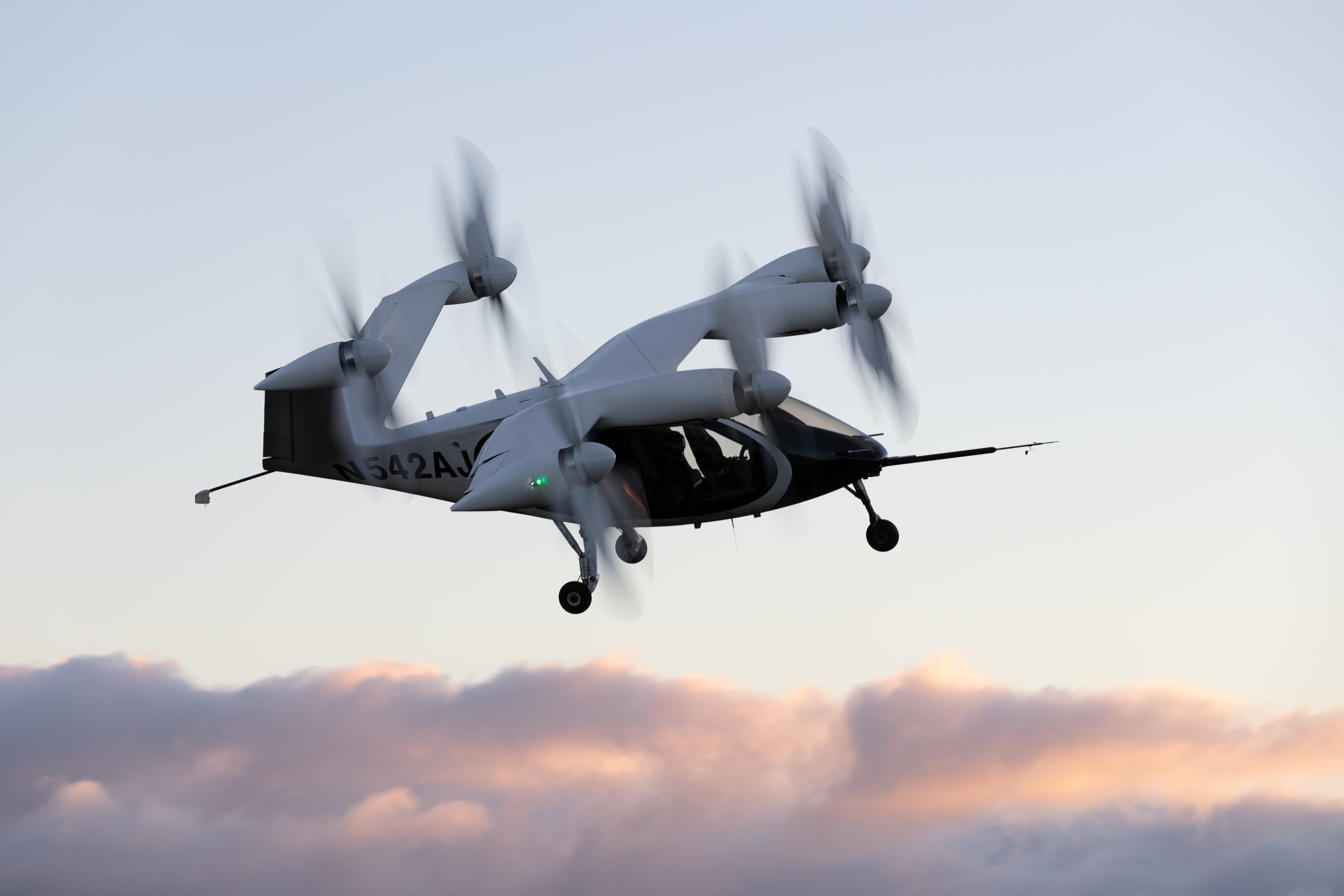Click Here to View This Page on Production Frontend
Click Here to Export Node Content
Click Here to View Printer-Friendly Version (Raw Backend)
Note: front-end display has links to styled print versions.
Content Node ID: 419102
Joby Aviation, the eVTOL aircraft developer, is joining forces with JetBlue and Signature Flight Support to establish carbon credits for flights using green electric and hydrogen propulsion. In a July 13 announcement, the companies said they will “work to define the creation, validation, and eventual use of these new credits on aviation carbon markets, including identifying a third party to oversee and validate transactions.” The statement indicated that further details will be released late this year.
U.S. airline JetBlue sees the partnership as part of its wider commitment to carbon neutrality, which it says it achieved in 2020 for domestic flights through the purchase of carbon offsets from solar, wind, and forestry projects. The company is an investor in Joby through its venture capital division, JetBlue Technology Ventures.
“This partnership allows JetBlue to not only continue to fulfill our domestic carbon neutrality commitment but also evolve the type of offsets we purchase and help support the development of electric and hydrogen aviation, [which are] critical levers for meeting the U.S. aviation industry’s net-zero goals,” said Sara Bogdan, JetBlue’s head of sustainability and environmental social governance.
Signature Flight Support is a business aviation services group that has been introducing sustainable aviation fuel (SAF) through its chain of FBOs. “Today we offer our customers the option to offset emissions at airports where SAF isn’t readily available with a book-and-claim model,” explained CEO Tony Lefebvre. “We’re excited to expand that model through this partnership to include the purchase of electric aviation credits from clean operators like Joby, all while supporting an innovative spirit that brings us closer every day to making flight sustainable for everyone.”
In the early stages of eVTOL air taxi operations, which are expected to start around 2024, passenger numbers, flight volumes, and distances flown are expected to be small by comparison with airline and business aircraft operations. Evidently, Joby’s intention is to help create a market for electric and hydrogen flight credits by working with partners to define the terms for these credits, taking into account factors such as the carbon footprint of the electricity supply.
Among the issues that will need to be resolved is the basis on which consumers and operators will be able to purchase credits. For instance, JetBlue passengers can already offset the environmental impact of flights by buying credits based on their individual seat miles.
Carbon credits are based on the reduction in emissions achieved by electric- or hydrogen-powered commercial flights compared with flights made with an energy-equivalent amount of conventional jet fuel. Joby, which intends to operate its own four-passenger eVTOL aircraft, plans to conduct an analysis of aircraft energy usage, measure emissions based on the source of power used, and generate credits in proportion to the emissions reduction achieved.
